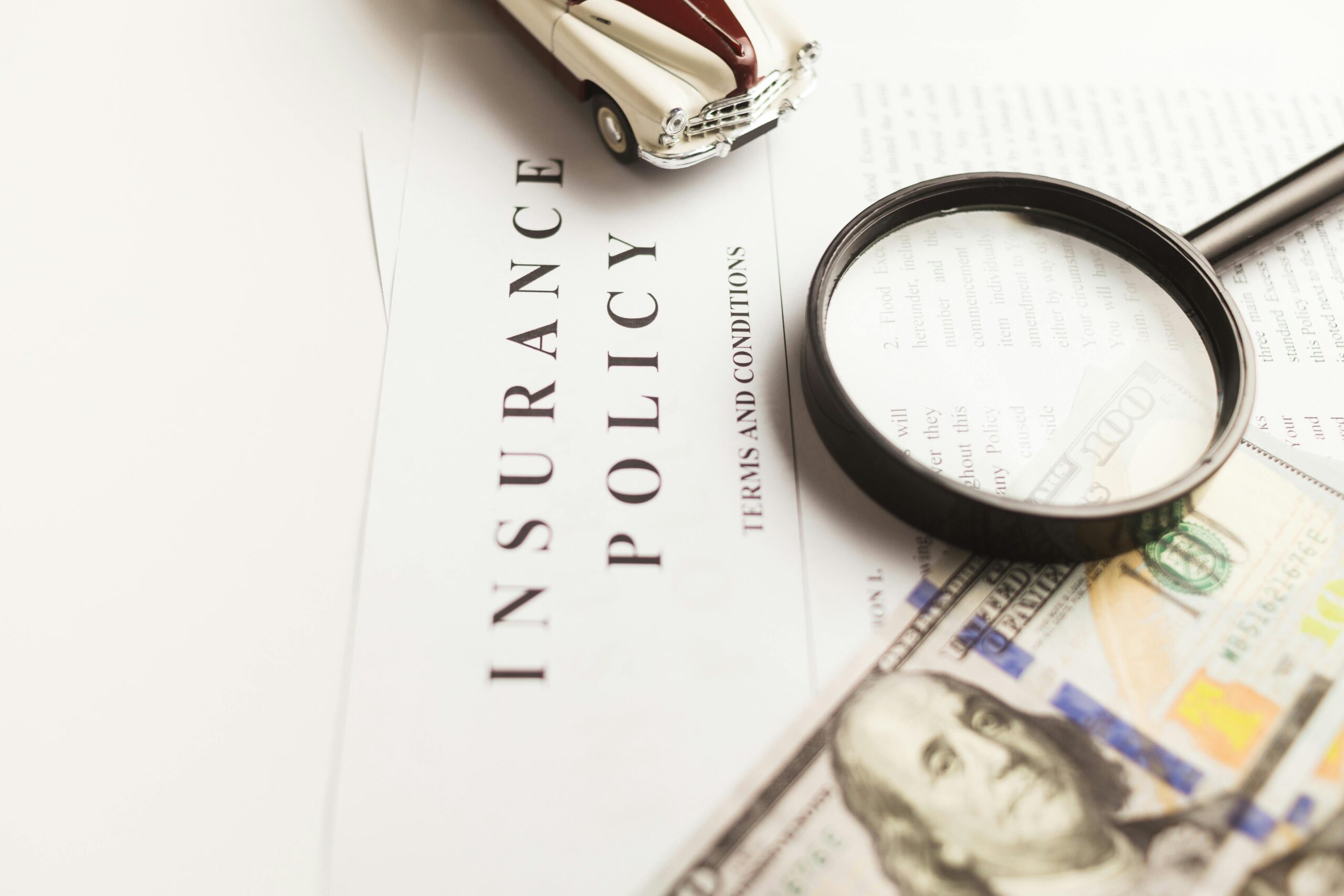Most people see car insurance as a boring monthly bill or something the law forces them to buy. However, there’s a hidden truth that insurance companies don’t really talk about. Furthermore, your car insurance policy is actually working as your personal life coach every single day. Moreover, it’s quietly teaching you lessons about responsibility, planning, and smart decision-making.
The Invisible Teacher Behind the Wheel
When you think about it, car insurance does more than just pay for accidents. Instead, it actively changes how you drive, where you go, and even what car you choose to buy. Additionally, it rewards good behavior and punishes bad choices. Therefore, it’s essentially a teacher that never stops watching and learning about you.
For example, every time you speed or drive recklessly, your insurance rates might go up if you get caught. Conversely, when you drive safely for years, many companies reward you with lower rates. Hence, your insurance policy is constantly encouraging you to become a better driver, even when you don’t realize it.

How Your Policy Secretly Shapes Your Daily Choices
Think about the last time you bought a car. Furthermore, you probably considered the insurance cost, didn’t you? Moreover, you might have chosen a safer, more reliable model because it would cost less to insure. Therefore, your insurance policy influenced a major life decision before you even signed up.
Similarly, your coverage affects smaller daily choices too. For instance, you might avoid driving in bad weather because you know accidents cost money. Additionally, you probably park in safer spots to avoid theft or damage. Meanwhile, you might even choose different routes to work based on traffic safety. Consequently, your insurance is constantly guiding your behavior in positive ways.
Currently, the average car insurance premium in the United States is $1,548 per year, which means most people have a significant financial motivation to drive safely and make smart choices.
The Psychology of Coverage: Why It Changes Everything
Interestingly, having car insurance creates what psychologists call “moral hazard” – but in reverse. Furthermore, instead of making people more reckless because they’re protected, good insurance actually makes most people more careful. Moreover, this happens because people understand that their rates can go up if they have accidents or violations.
Additionally, insurance companies track your driving record closely. Therefore, they know about speeding tickets, accidents, and even small claims. As a result, most drivers become more aware of their actions behind the wheel. Consequently, insurance serves as a constant reminder to stay focused and drive responsibly.
The Reward System That Actually Works
Unlike other parts of life where good behavior doesn’t always pay off, car insurance has a clear reward system. For example, safe drivers get discounts, while risky drivers pay more. Furthermore, many companies now offer additional rewards for good driving habits.
Moreover, some insurers use telematics devices or apps that track your driving in real-time. Additionally, they reward smooth braking, steady speeds, and safe following distances with immediate discounts. Therefore, you get instant feedback on your driving, just like having a personal coach in your car.
Meanwhile, drivers with poor credit scores pay as much as 88% more for car insurance, which shows how insurance companies use various factors to encourage responsible behavior beyond just driving.
Teaching Financial Responsibility Through Coverage Choices
When you shop for car insurance, you’re forced to make important financial decisions. For instance, you have to choose between lower monthly payments and higher deductibles. Additionally, you must decide how much coverage you really need. Therefore, this process teaches valuable lessons about budgeting and risk management.
Furthermore, understanding terms like liability, collision, and comprehensive coverage helps you think about different types of risks in your life. Moreover, learning about state minimums versus recommended coverage teaches you about meeting basic requirements versus planning for worst-case scenarios. Consequently, these lessons often apply to other areas of your financial life.
Most states require basic liability coverage, typically $25,000 per person for bodily injury, $50,000 per accident, and $25,000 for property damage. However, insurance teaches you to think beyond minimums and consider what you actually need to protect your assets and future.

The Social Responsibility Lesson Hidden in Your Policy
Car insurance also teaches important lessons about social responsibility. Furthermore, liability coverage exists to protect other people, not just you. Therefore, when you buy insurance, you’re acknowledging that your actions can affect others. Moreover, you’re taking responsibility for potential harm you might cause.
Additionally, this creates a sense of community responsibility that extends beyond driving. For example, people with good insurance often become more thoughtful about their impact on others in general. Similarly, they tend to be more careful in other activities that could affect people around them. Furthermore, innovative approaches like community-based car insurance models are taking this social responsibility concept even further by creating shared risk pools among like-minded drivers.
How Modern Technology Makes Insurance Even More Educational
Today’s car insurance is becoming smarter and more interactive. Furthermore, many companies offer apps that provide real-time feedback on your driving. Additionally, these apps often include safety tips, weather alerts, and even coaching suggestions. Therefore, your insurance company becomes an active partner in improving your driving skills.
Moreover, some insurers offer defensive driving courses that can lower your rates. Meanwhile, others provide roadside assistance apps that teach you basic car maintenance. Consequently, your insurance policy becomes a gateway to learning new skills and staying safer on the road. In fact, modern car insurance is evolving to become more than just a policy – it’s your driving partner that actively supports your journey with tools, guidance, and peace of mind.
Building Better Habits Through Unexpected Motivation
Surprisingly, car insurance motivates positive habits that go beyond driving. For instance, people with good insurance tend to maintain their cars better because they understand the value of prevention. Additionally, they often become more organized because they need to keep track of important documents and renewal dates.
Furthermore, dealing with insurance claims teaches problem-solving skills and the importance of documentation. Moreover, comparing insurance rates annually helps people develop research and comparison shopping skills. Therefore, managing car insurance becomes practice for handling other important life decisions.
The Long-Term Life Lessons Your Policy Teaches
Perhaps most importantly, car insurance teaches patience and long-term thinking. For example, building a good driving record takes years, but the rewards compound over time. Similarly, staying with the same insurer often leads to loyalty discounts. Therefore, your insurance policy rewards consistency and planning ahead.
Additionally, dealing with insurance teaches you to read contracts carefully and ask important questions. Furthermore, it shows you the importance of being honest and transparent in your dealings with others. Moreover, these skills become valuable in many other areas of life, from jobs to relationships.
You can learn more about your state’s specific requirements and find guidance for choosing the right coverage at state insurance department websites or through the National Association of Insurance Commissioners.
Making the Most of Your Insurance Education
To get the most benefit from your car insurance as a life coach, start by understanding exactly what your policy covers. Furthermore, ask your agent about discounts for safe driving, defensive driving courses, or bundling policies. Additionally, consider using telematics programs if you’re a safe driver.
Moreover, review your coverage annually and think about how your needs have changed. Meanwhile, use any apps or online tools your insurer provides to track your driving and get feedback. Therefore, you can turn your insurance policy into an active tool for self-improvement.

The Bigger Picture: Insurance as Life Preparation
In conclusion, car insurance does much more than protect you from financial loss after accidents. Instead, it serves as a daily teacher that shapes your decisions, rewards good behavior, and helps you develop important life skills. Furthermore, it connects your personal choices to broader social responsibilities.
Therefore, the next time you pay your car insurance premium, remember that you’re not just buying protection. Moreover, you’re investing in a system that constantly encourages you to be more responsible, thoughtful, and prepared for whatever life throws your way. Consequently, your car insurance policy might just be the most effective personal development tool you never knew you had.
In essence, car insurance proves that sometimes the best teachers are the ones working quietly in the background, shaping our choices and helping us become better people one mile at a time.




